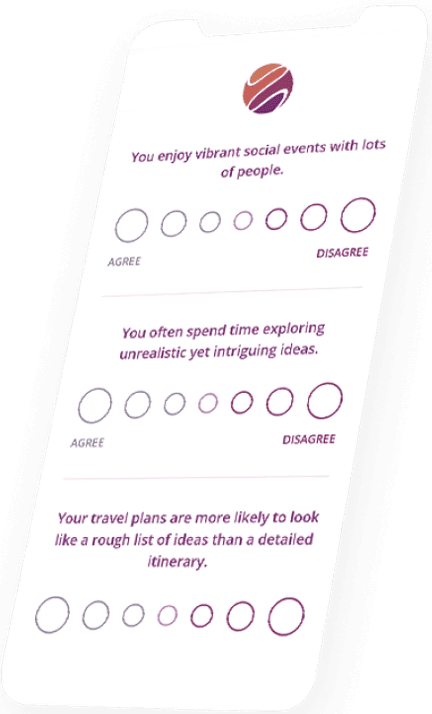

Adult
Coaching
What is Coaching?
Overview
Coaching in a therapeutic setting is gaining popularity because it is aimed at helping you achieve specific goals while providing therapeutic support. Because of our training as psychologists and clinicians, we can help you as a life coach to attain your goals while focusing on emotions and patterns that might get in the way.
Goal coaching is highly individualized and works well for personal and professional goals. For instance, you might use coaching to re-enter the job market, find a new career, meet financial or organizational goals, or address other life issues.
Steps for Coaching
At Greenwich Psychology Group, our experts will work with you as a life coach to develop a strategy for attaining your goals and then help you execute that strategy step-by-step, addressing and eliminating obstacles in the process. We will identify skills that may need to be developed and create a structure that will make goal achievement easier.
Step one: Define the Goal
Our experts will meet with you to specify your goal in a clear and measurable way. If you are not sure of your goal, we will work with you to clarify it. When we are both clear on your goal, it will start to take on a new level of achievability.
Step Two: Strategize the Steps for Achieving the Goal
Once the goal is clear, you and your therapist will strategize a plan to reach it by identifying obstacles and discussing the best ways to overcome them.
Step Three: Achieving Your Goal
You and your therapist will break down your goal into small steps, identify time frames for completion, discuss your progress, and deal with emotions that may come up along the way.
In progress sessions, we will focus on the steps you’re taking toward your goals and revise strategies if needed. These sessions are designed to provide you with insight, motivation, accountability, and support.
Take the GPG Symptom Checker
At Greenwich Psychology Group, our symptom checker helps clients track their symptoms of depression or anxiety. Taking the assessment doesn't provide a formal diagnosis, but it can help you determine what next steps you may need to take. The evaluation uses a series of questions to review the feelings and symptoms you've experienced over the past two weeks. The results will help you distinguish if professional help is the best next step.
BeginLatest Topics
Blog Articles
Most recent publications, interviews, blogs, and tips.



Book a Consultation
Hours of Operation
Mon – Sat: 8am to 8pm
Office Address
15 Valley Drive 1st Floor
Greenwich, CT 06831






